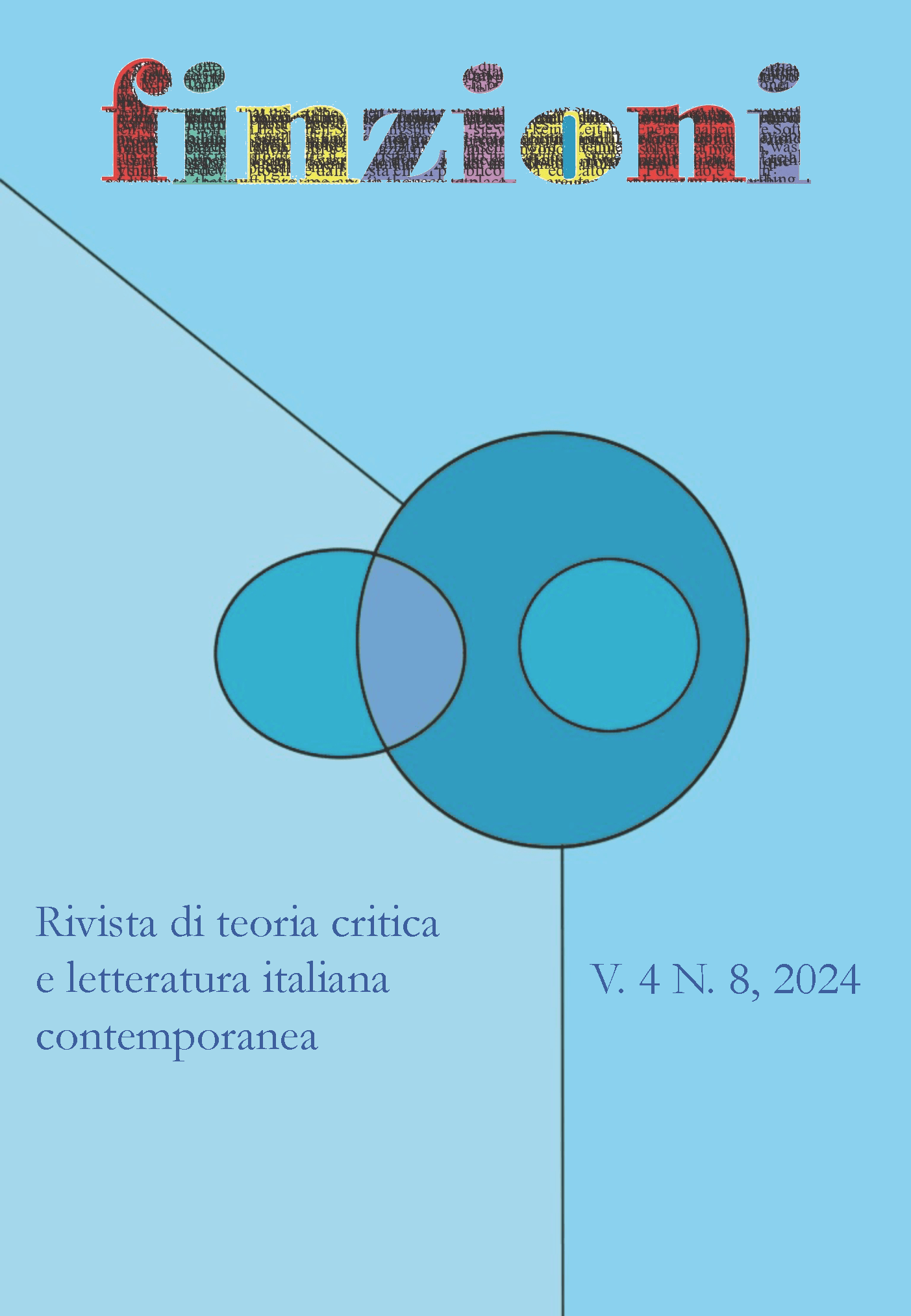The wind, the voice, the nihilism: Giorgio Caproni and the Italian-French philosophical debate on the voice
DOI:
https://doi.org/10.6092/issn.2785-2288/21408Keywords:
Giorgio Caproni, voice, wind, philosophy, nihilismAbstract
The article demonstrates how, already in the 1940s, the poet Giorgio Caproni anticipated the philosophical debate on the concept of voice that from the 1970s onward emerged between Italy and France, involving philosophers such as Jacques Derrida, Giorgio Agamben, and Adriana Cavarero. Building on Heidegger’s critique of metaphysics as nihilism, the debate argues that Western culture’s nihilism stems from the structure of the voice and its neglect: metaphysics views the voice as something negative – breath that is always already lost – and thus is destined to overlook its material dimension. An analysis of Caproni’s early poetry, particularly the sonnets written in the late 1930s and during the war, reveals that he had already connected nihilism, the transience of the world, to the elements of air and wind, identifying the relationship between voice and air as the core of this nihilism. Later, in his critical essays from the late 1940s, Caproni further develops these insights theoretically, proposing a way out of nihilism through a return to voice in and through poetic language.
Downloads
Published
How to Cite
Issue
Section
License
Copyright (c) 2025 Alberto Parisi

This work is licensed under a Creative Commons Attribution-ShareAlike 4.0 International License.





